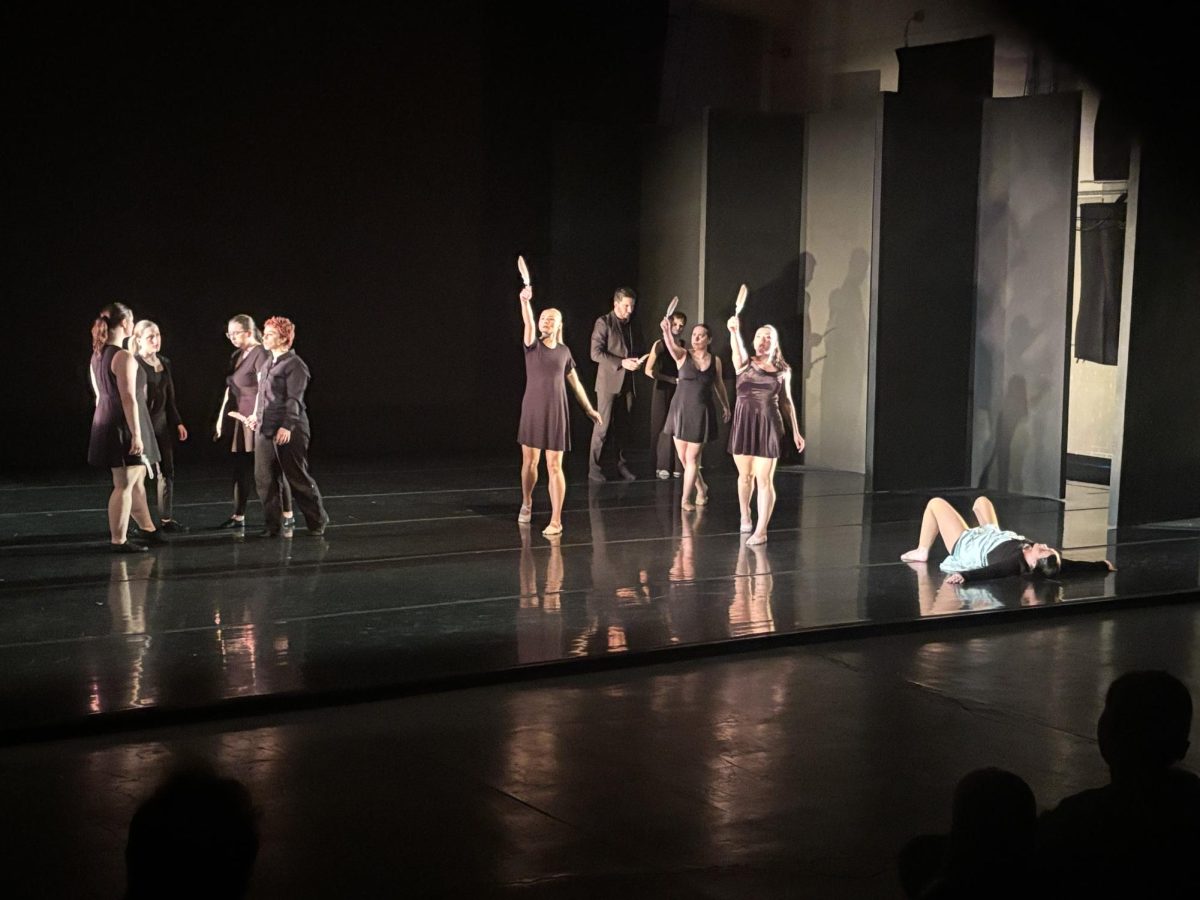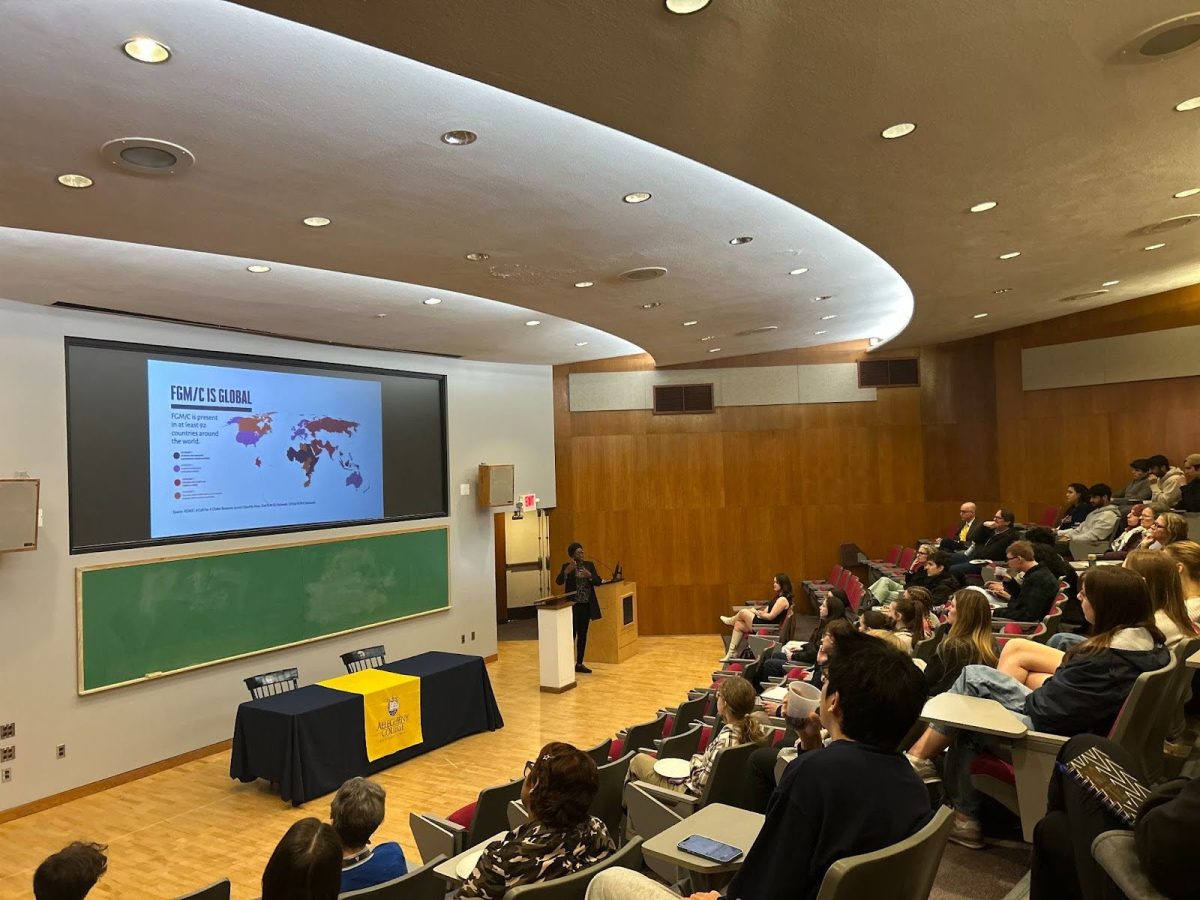“We cannot pretend somehow that because Barack Hussein Obama got elected as president, suddenly everything is going to be OK.”
This statement, made by Obama during a 2009 speech, raises questions about America’s social progress. Has America paid less attention to racial differences since Obama’s election? Has the country transcended to what some might call a “post-racial” society?
On Monday Dr. Lawrence T. Potter will be asking just these questions. His speech will focus on the construction of race in American literature. Specifically, it will examine African American authors’ portrayal of racism and racist ideology in the US.
Throughout Black History Month, Allegheny College will host several events to encourage students to learn about and discuss race, a topic still influencing social, cultural and political values in America.
Potter, Allegheny’s Chief Diversity Officer, Associate Dean and professor of English is making an effort to advance and sustain diversity initiatives at Allegheny.
“I want to engage the audience in a pointed conversation about race and racism in America today,” Potter said. “I want to draw them into this popular opinion that many people believe centering on the question of whether we live in a ‘post-racial’ society since Barack Obama was elected President of the United States.”
Students are invited to come and listen to Potter’s lecture, but the goal of his lecture is to facilitate discussion afterwards.
“The question of race in this country is an ambiguous one for many people living in a post-modern frame of reference,” Potter said. He described postmodernism as a literary movement that made the idea of an objective “truth” problematic, causing people to be suspicious of a global culture.
“The interesting thing about postmodernism is that it attacks the use of sharp classifications such as male versus female, straight versus gay, white versus black and imperial versus colonial,” Potter said. “What one perceives as black could be completely different for a different person.”
“Having speakers on campus does encourage discussion, while at the same time can provide insights to the present-day black experience, which can be just as important as learning about black history,” said Ryan Sullivan, ’11, who is currently taking black studies courses.
“For a group of people that have been such a driving force behind the development of the US as a nation, it’s an injustice that (in my experience) it was only discussed in a week dedicated to the issue during black history month for my FS,” Sullivan added.
“Outside class, I don’t think race is a completely prominent topic of conversations, though I do think these conversations happen,” said Hallie Powell, ’11. “In terms of race, Allegheny is not the most diverse of schools; however, diversity is more than just color. I think we have a little more diversity when you take into account the backgrounds of student, not just their color.”






